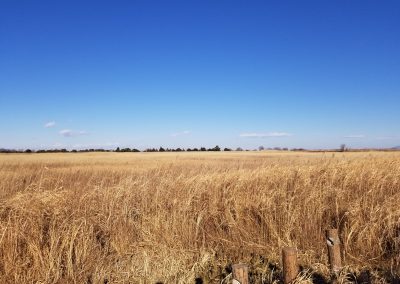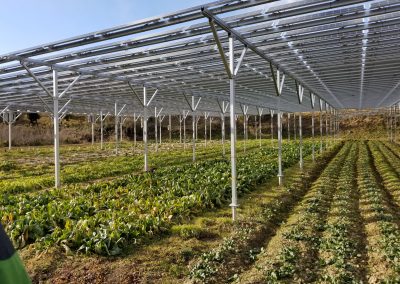Why are we in Japan?
A question that I have been asking myself and that has been proposed to the class multiple times is, “Why are we in Japan?” Upon learning about this trip I decided that I wanted to come because of the adventure, it was one of the top places I wanted to visit it the world, and the class fit into an aspect of my family owning a farm. None of those reasons capture the true reason for why this class is held in Japan instead of back on at St. Olaf.
I have found that the true reason that we came to Japan is in many of the readings we have been given about Japan’s relationship with the environment and how that relationship has changed over the years. To emphasize that point on why we are here, in one of the discussions it was brought up that Fukushima is an example of what will eventually happen in Japan if nothing is done. Along that same vein it can be said that what is happening in Japan is an example of to the rest of the world in the same way that Fukushima is to Japan. Japan is the example for what the rest of the world might end up looking like if we don’t find a way to live sustainably.
Some examples of why japan is a good model are their waste management system, their agricultural system, their power system, and their solutions to a lack of space along with the unsolvable problems due to a lack of space. Our visit to the incinerator in Tokyo showed us how japan can reduce trash to 1/20 of its original size into ash, or into 1/400 its original size into slag. This helps a lot with the lack of land problem in Japan. But even so, once their last landfill is full in 50 years then they don’t have a solution for that which still makes it unsustainable. Japan’s agriculture is not even large enough to sustain itself. They only produce 38% of their food and have to import the rest, that is pretty close to the definition of unsustainable. Their power system has many flaws since the Fukushima meltdown lead to a lot of backlash on nuclear power, and more problems come with trying to build sustainable power with all the earthquakes that happen. Yet people like the Iidate power company are setting up sustainable power with solar sharing over farmland in the wake of a disaster. The Ashio copper mine created polluted water which then ran down a river the supplied a large plain with water for farming and made that water unusable along with the deforestation of that side of the mountain which still hasn’t grown back even though the mine has been shut down for many years.
To go in depth into my favorite of these examples so that it is more clear on why this class should be held in Japan, the Ashio copper mine. To start the story is fertile farmland in the plains at the base of the mountain. These lands were farmed by people for a generations because the soil was so fertile due to the nature of the river. The river descends thousands of meters in a very short distance meaning that it carries lots of nutrients with it down to the plains below making them perfect for farming. Skip ahead to when copper was found in the mountain and all of a sudden the crops aren’t growing very well. Eventually they link it to the mine upstream and start a protest. That protest is a futile effort since that specific copper mine was so important to the economy making up a third of what was a booming economy that wanted copper. So the farmers could do nothing since the people in Tokyo didn’t care since it wasn’t their problem. Then the contamination spread to Tokyo and all of a sudden a solution was required, so the city folk decided that those plains were a low spot and a great place for a basin to hold the contaminated water. All of a sudden these people that were farming the land for generations lost their fertile land because someone else deemed it a great place to keep the contaminates away from the city. Due to events like this, Japan is possibly the best model for the future when trying to find a way of sustainable living.
All of these problems tend to revolve around earthquakes and not enough space, although the earthquakes may be regional to japan the not enough space will soon be a problem for the rest of the world. So if we are to try to learn about what is sustainable then I could see no better place than Japan to study since it has been at the forefront of both sustainability and a lack thereof. From the lack of space to the man made problems in fukushima Japan is a great model for the rest of the world since the world is getting relatively smaller and as a species humans are still growing so space will be an issue at some point for everyone. Inventing new ways to do agriculture will happen just like they are already happening in Japan. Since it is such a good model and Japan has a rich history with the environment whether it be mistakes or wonderful innovations, I don’t see a better place to hold this class.


Recent Comments